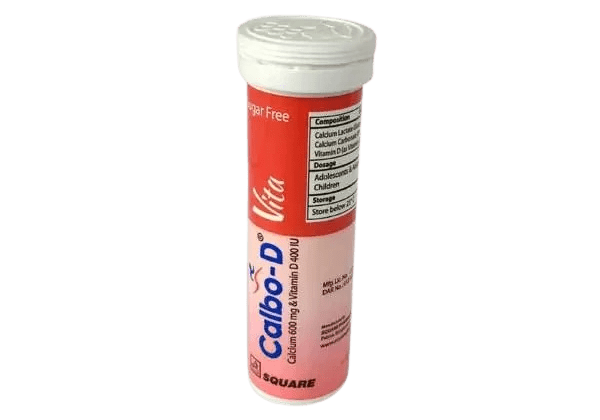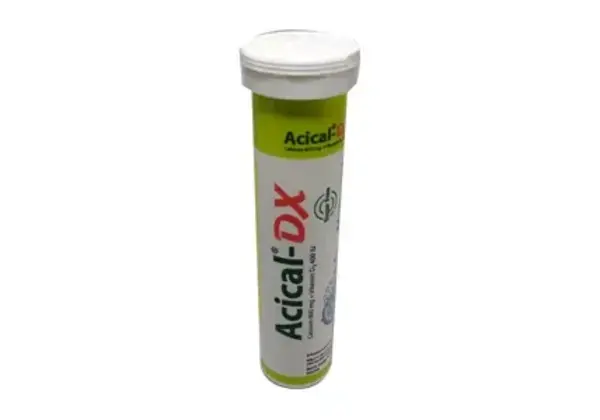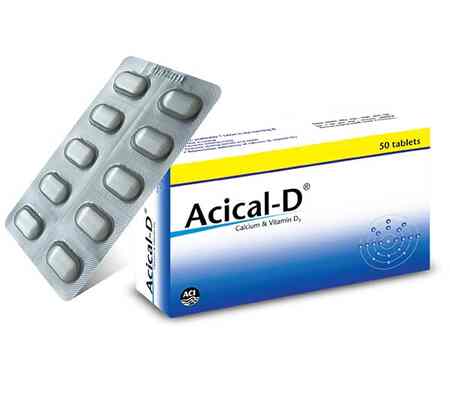-10%
Indication:
Used for pain relief in conditions like osteoarthritis, rheumatoid arthritis, ankylosing spondylitis, gout, dysmenorrhea, and musculoskeletal disorders.
Pharmacology, Dosage & Administration:
Pharmacology: Naproxen is a nonsteroidal anti-inflammatory drug (NSAID) that inhibits prostaglandin synthesis by blocking COX-1 and COX-2 enzymes, reducing inflammation and pain.
Dosage: Typically, 250-500 mg twice daily with food. Maximum daily dose: 1000-1250 mg.
Administration: Oral, taken with a full glass of water.
Interaction:
May interact with anticoagulants (e.g., warfarin), antihypertensives, lithium, methotrexate, corticosteroids, and other NSAIDs, increasing the risk of bleeding or toxicity.
Contraindications:
Not recommended for patients with hypersensitivity to naproxen, history of NSAID-induced asthma, active gastrointestinal bleeding, severe heart failure, or severe renal impairment.
Side Effects:
Common side effects include nausea, heartburn, dizziness, headache, indigestion, and gastrointestinal bleeding. Severe reactions may include kidney or liver dysfunction and allergic reactions.
Pregnancy & Lactation:
Pregnancy: Avoid in the third trimester due to the risk of fetal harm. Use with caution in the first and second trimesters.
Lactation: Excreted in breast milk; use only if the benefits outweigh the risks.
Precautions & Warnings:
Use with caution in patients with a history of gastrointestinal ulcers, cardiovascular diseases, hypertension, kidney/liver impairment, and asthma. Avoid alcohol and prolonged use.
Overdose Effects:
Symptoms include nausea, vomiting, dizziness, drowsiness, gastrointestinal bleeding, and kidney failure. Severe cases may require symptomatic treatment and gastric lavage.
Therapeutic Class:
Nonsteroidal Anti-inflammatory Drugs (NSAIDs).
Storage Conditions:
Store in a cool, dry place below 30°C, away from direct sunlight and moisture. Keep out of reach of children.











Reviews
Clear filtersThere are no reviews yet.